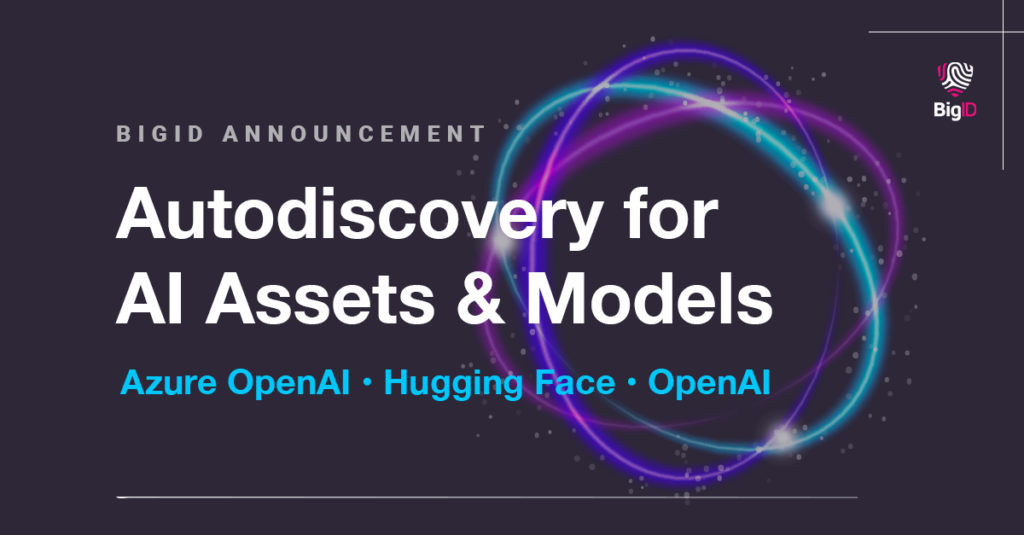California Is Investigating OpenAI's Conversion to a For-profit ...
As part of an ongoing investigation, the California attorney general’s office has requested information from OpenAI regarding its plan to transition to a for-profit corporation and the process of transferring assets from its current nonprofit structure. In a letter addressed to OpenAI on Dec. 6, deputy attorney general Christopher Lamerdin highlighted clauses in OpenAI's articles of incorporation that stipulate the irrevocable dedication of assets to charitable purposes. The attorney general's office emphasized its commitment to safeguarding assets held in charitable trust.
Concerns Raised
The letter from the attorney general's office also inquired about OpenAI's restructuring strategy, the value of its assets, and specifics regarding the proposed asset transfer. OpenAI was given a deadline of Jan. 8 to respond to these inquiries. The attorney general's office refrained from commenting on any subsequent responses, citing the confidentiality of the ongoing investigation.

Critics have voiced concerns about the potential implications of allowing a nonprofit entity like OpenAI to restructure its operations to generate profits and attract investors. They argue that such a move could establish a troubling precedent, enabling startups to enjoy the benefits of nonprofit status while eventually transitioning into highly profitable commercial ventures.
Business Restructuring
OpenAI has been actively increasing its presence and influence, evident from its heightened lobbying efforts in Congress and its engagement with regulatory bills related to AI in Sacramento. Reports emerged in September indicating OpenAI's intentions to transfer control of its core operations from the nonprofit entity to a for-profit public benefit corporation. Subsequent discussions with the California attorney general's office further highlighted the company's shift towards a for-profit business model.
Structural Changes
OpenAI officially confirmed its consideration of restructuring and expressed plans to establish a for-profit public benefit corporation, although the specifics of transferring control remained undisclosed. The company, initially founded as a nonprofit in 2015, later incorporated a for-profit arm to attract investment and allocate substantial resources towards AI research and development.

The development of a separate for-profit entity within OpenAI led to internal conflicts, including the ousting of co-founder and CEO Sam Altman by the nonprofit board. Subsequently, the company concluded a significant funding round and announced collaborative ventures, such as the Stargate Project, signaling its ambitious growth agenda.
Ongoing Scrutiny
Various stakeholders, including prominent figures like Elon Musk, have raised objections to OpenAI's conversion to a for-profit entity, emphasizing concerns about preserving the nonprofit's original mission and ethical standards. Public advocacy groups have urged regulatory bodies to investigate OpenAI's operations and assess the potential ramifications of its restructuring decisions.
The California attorney general's office has been urged to evaluate the valuation of assets and intellectual property associated with OpenAI's transition to a for-profit structure. Advocates emphasize the importance of upholding regulatory standards and ensuring transparency in such transformative endeavors.










